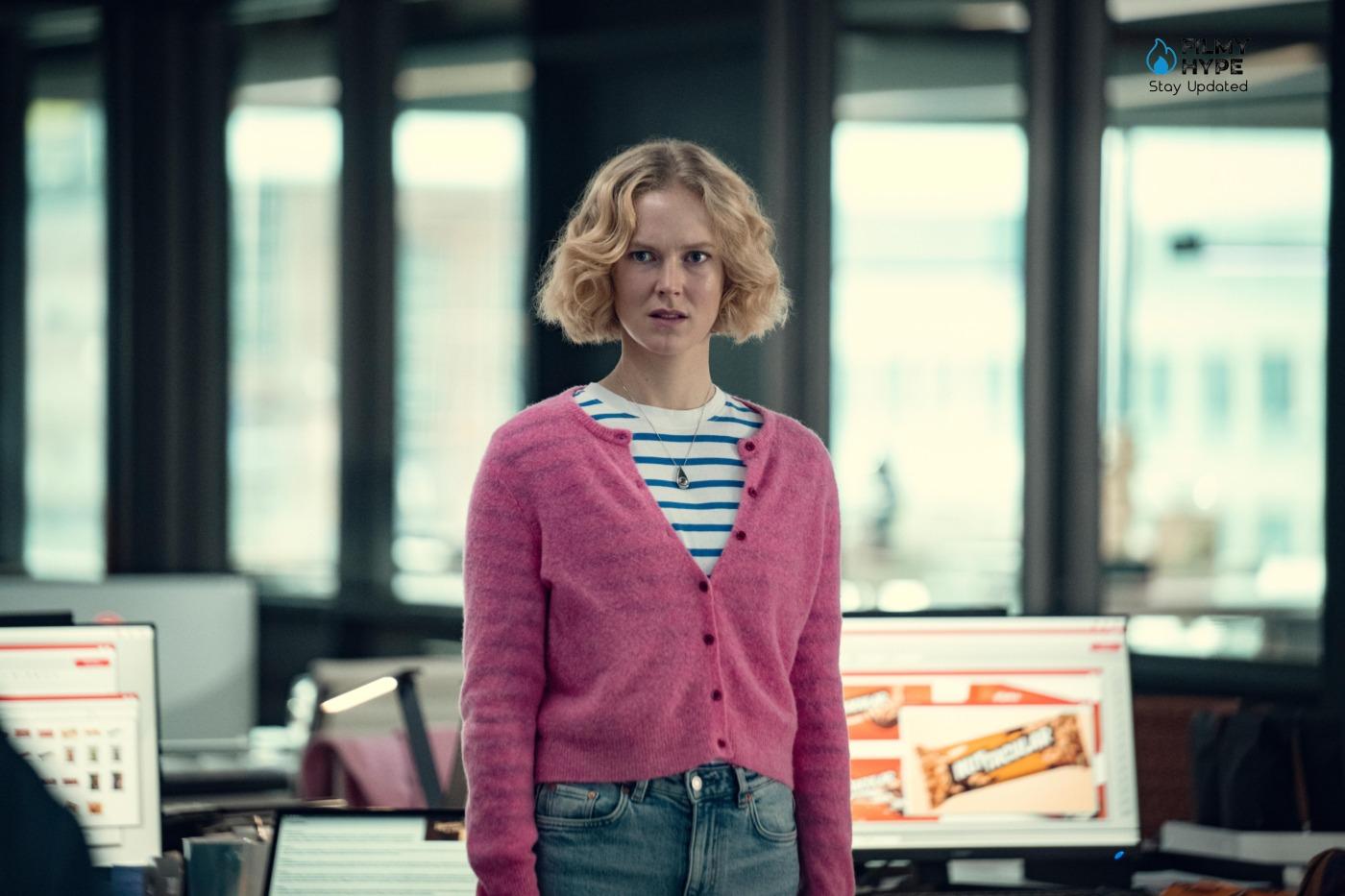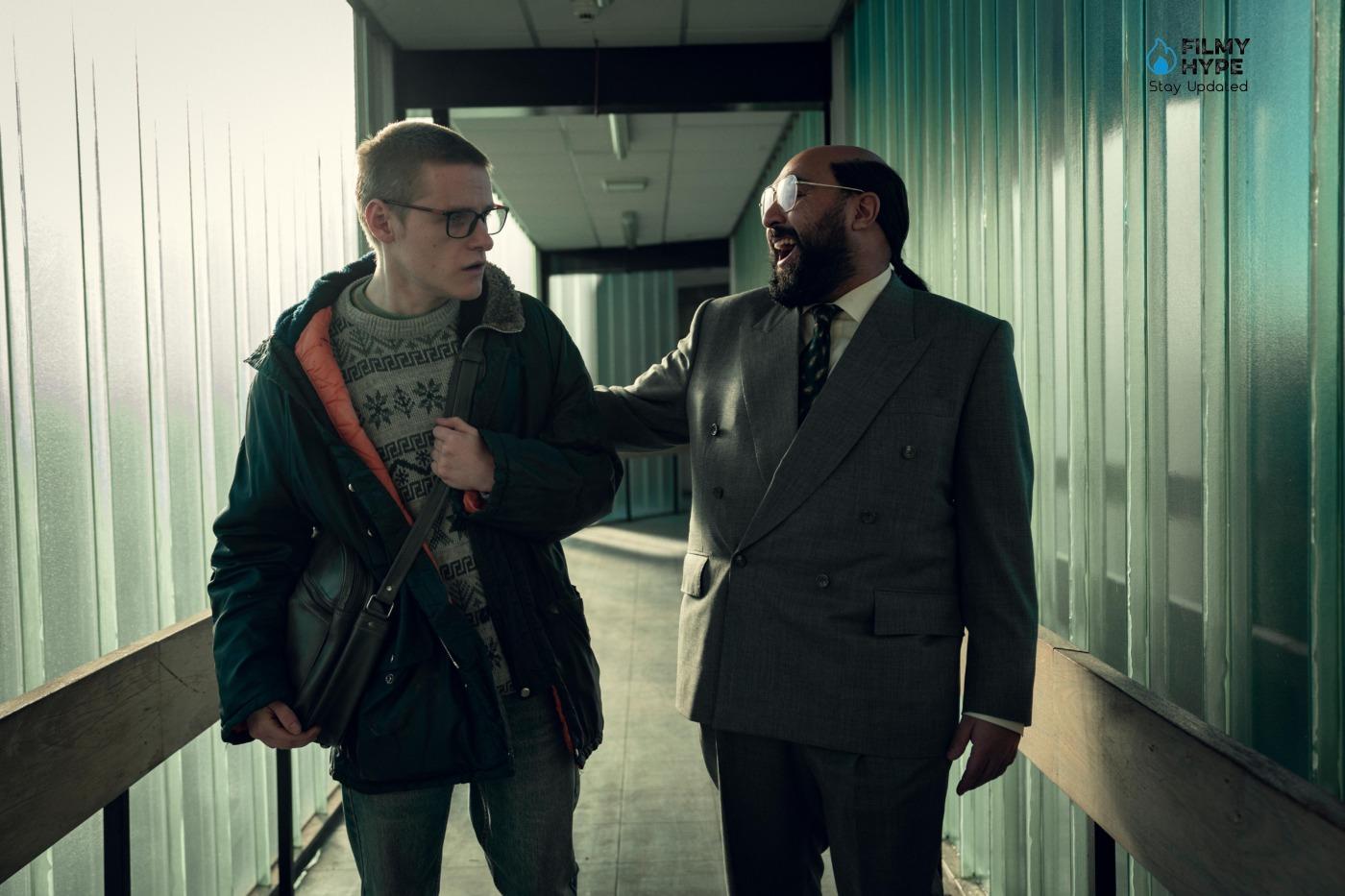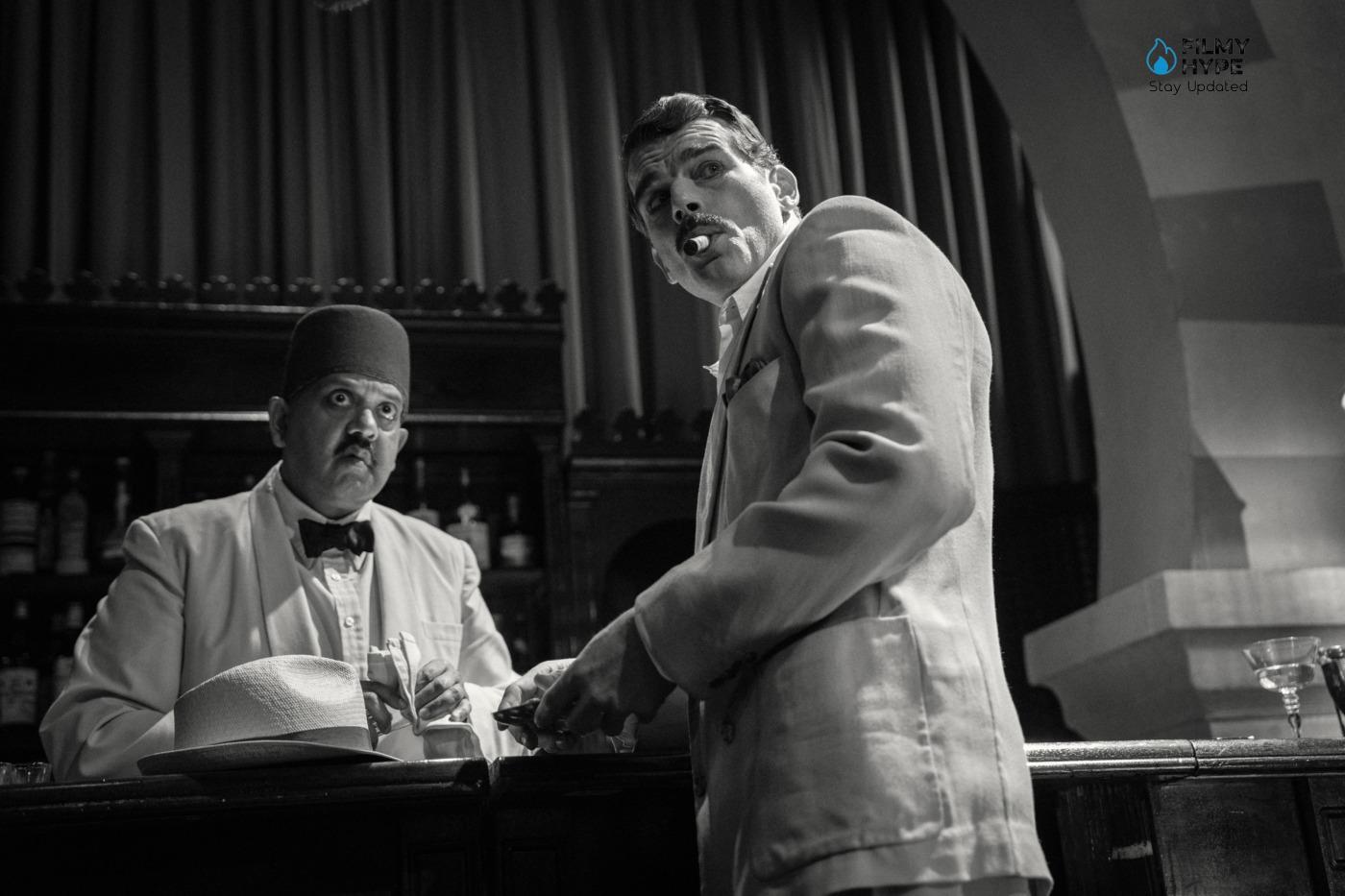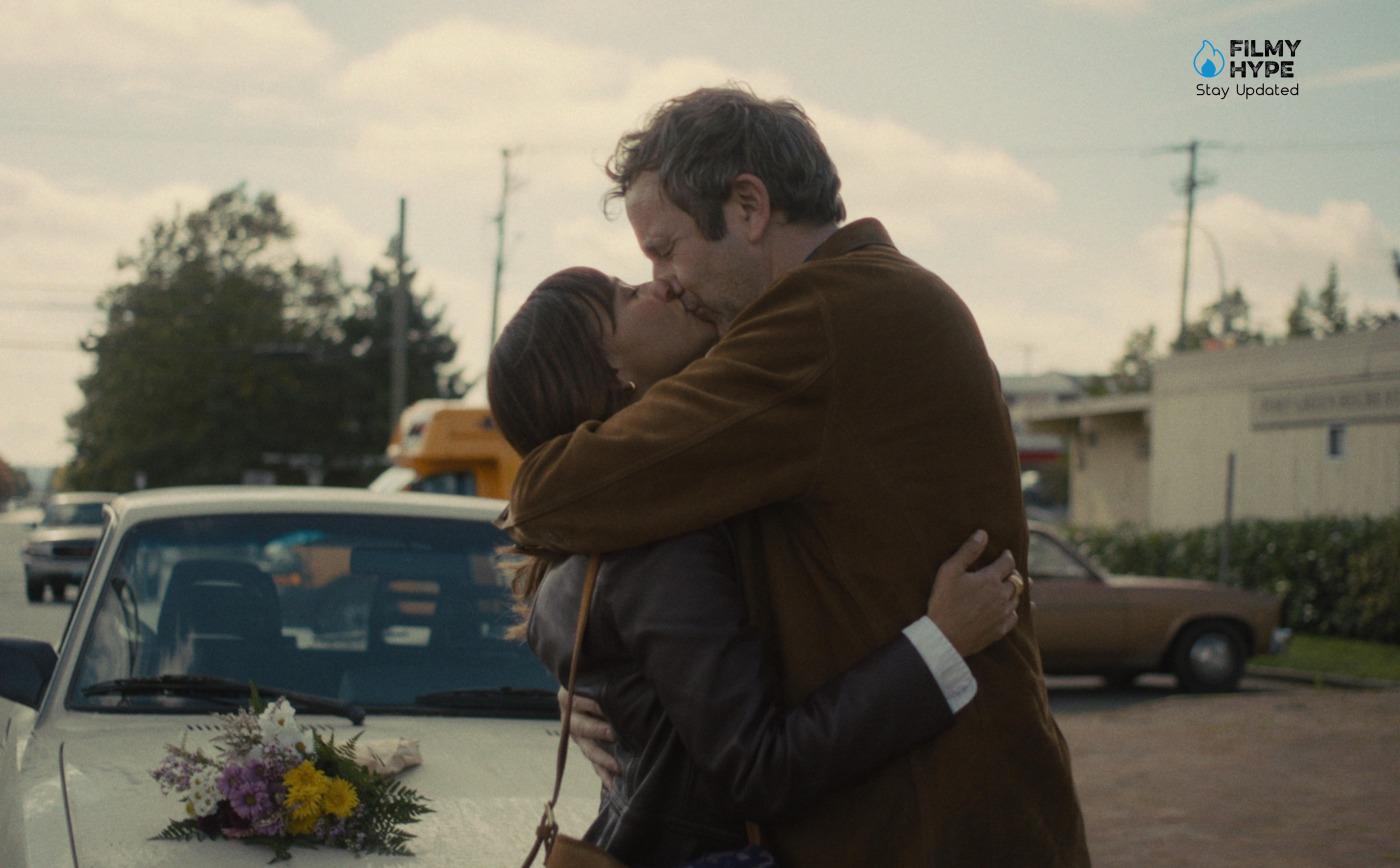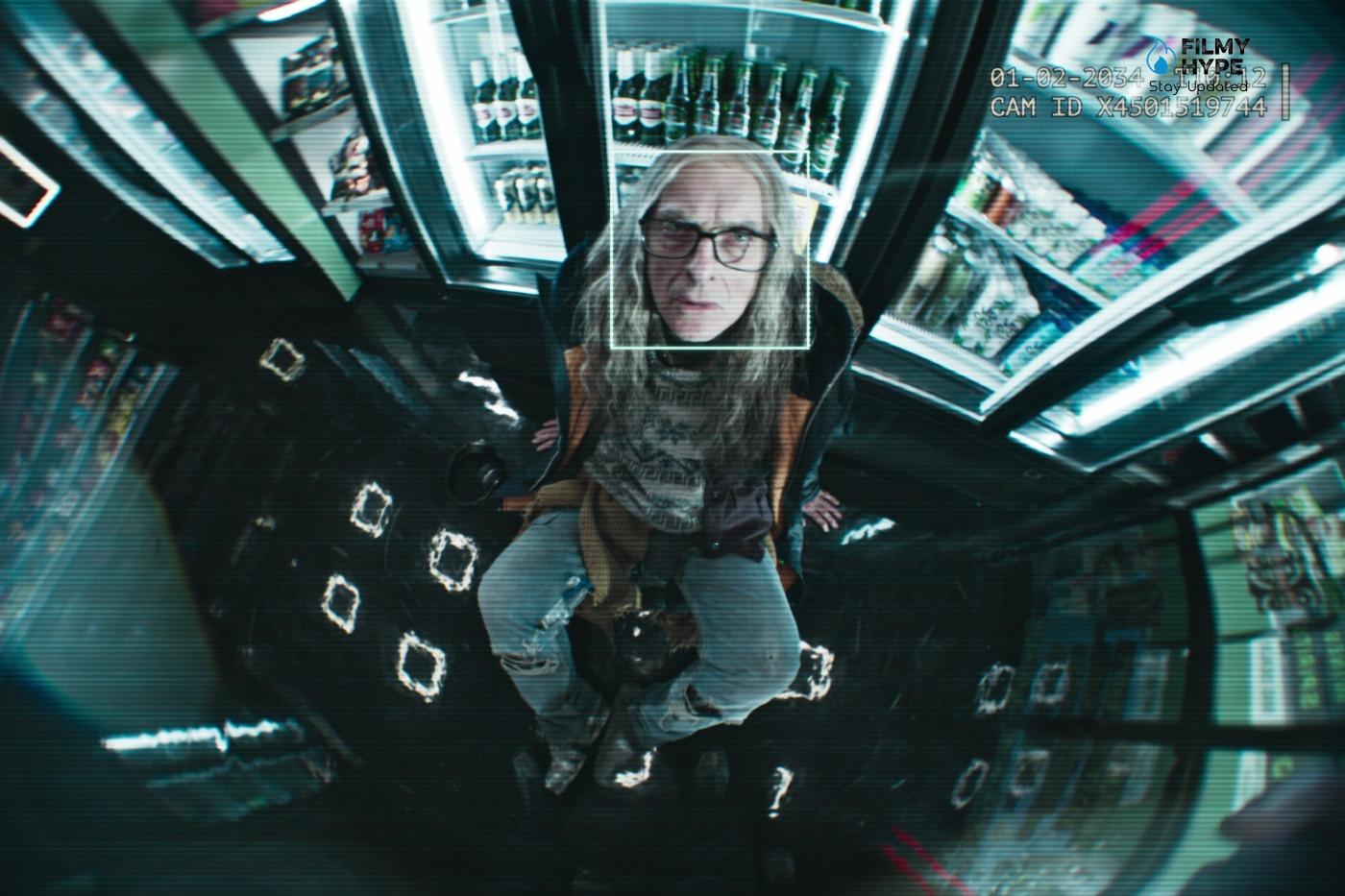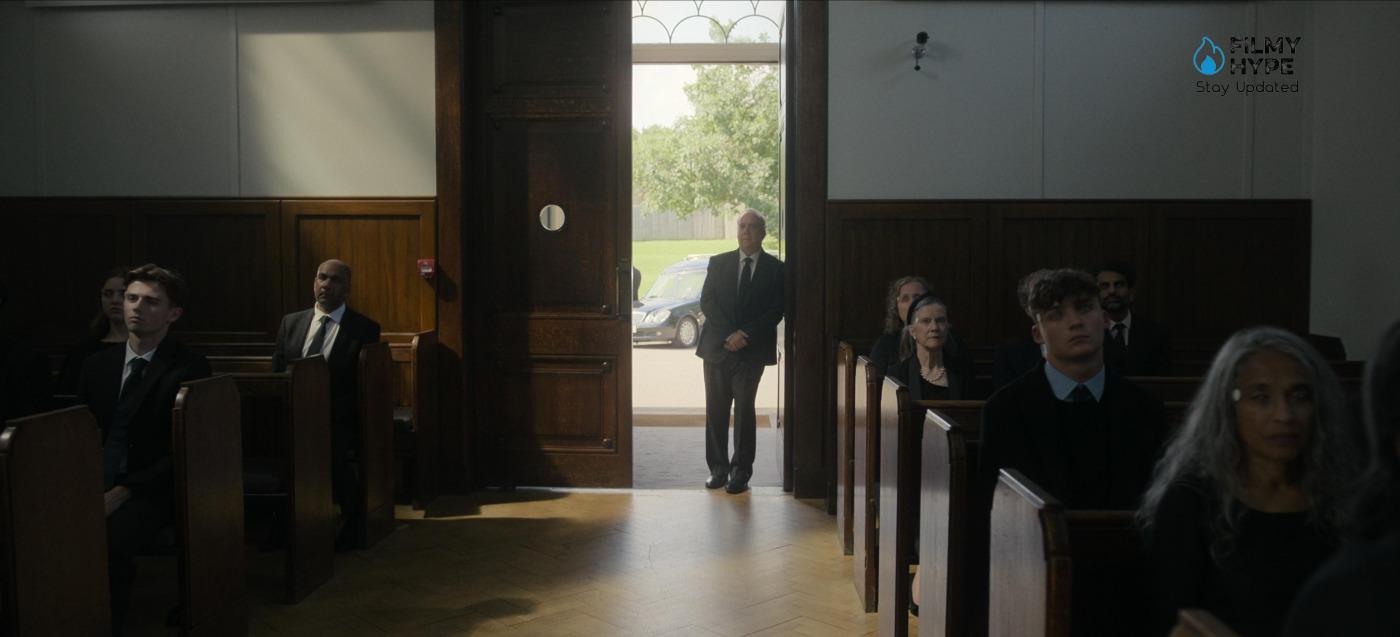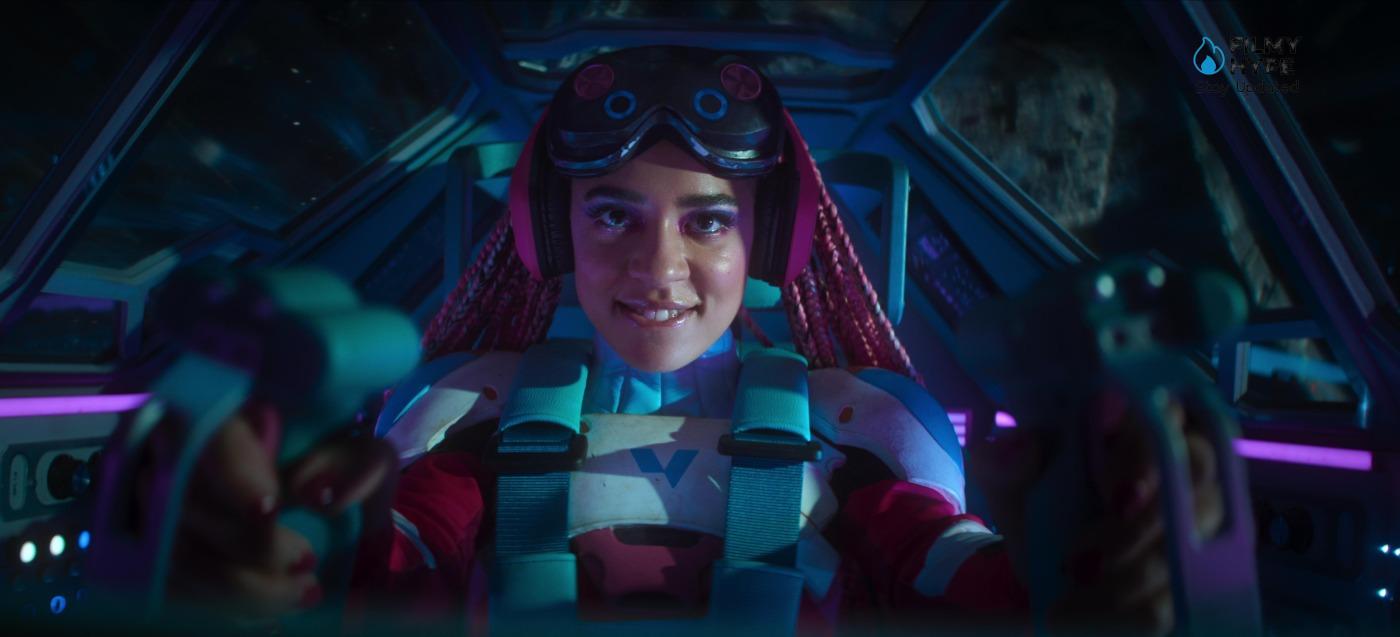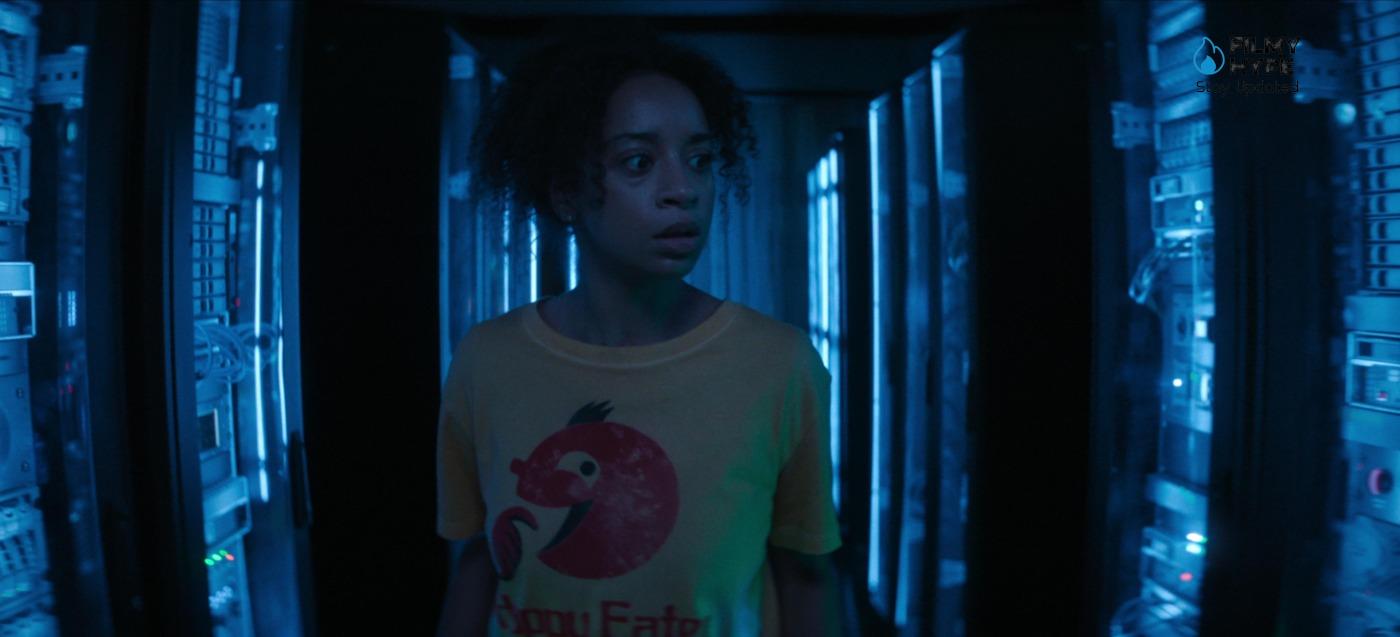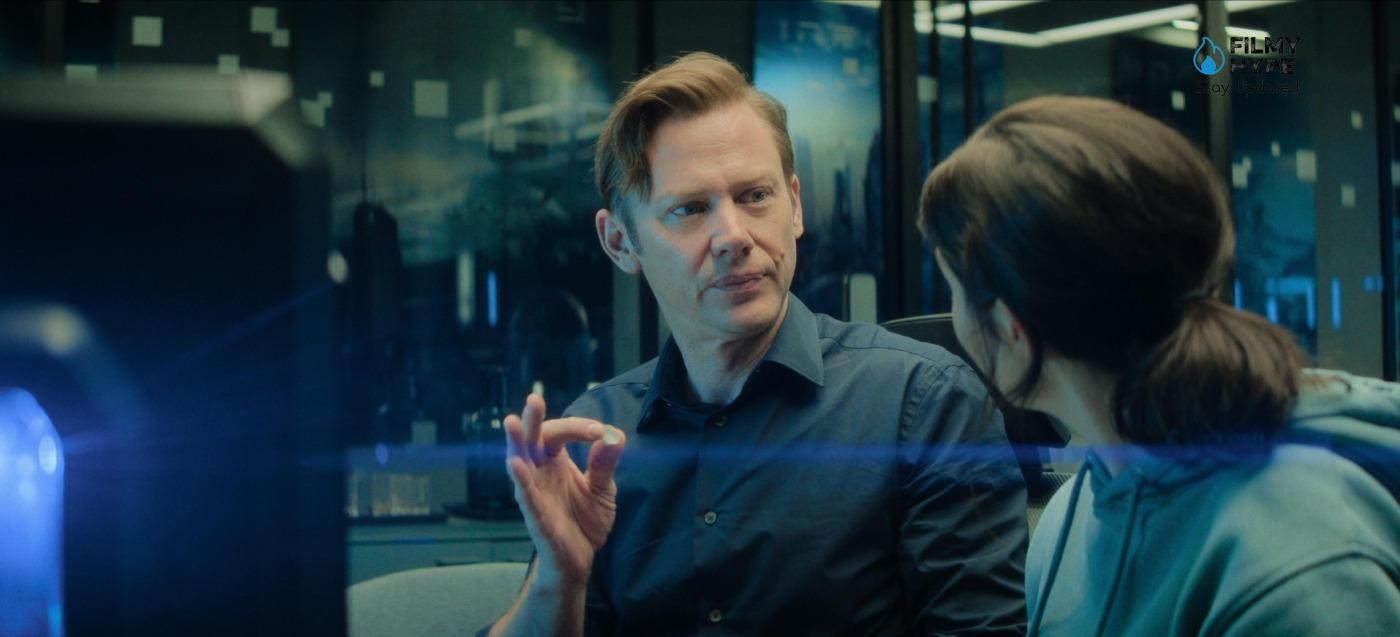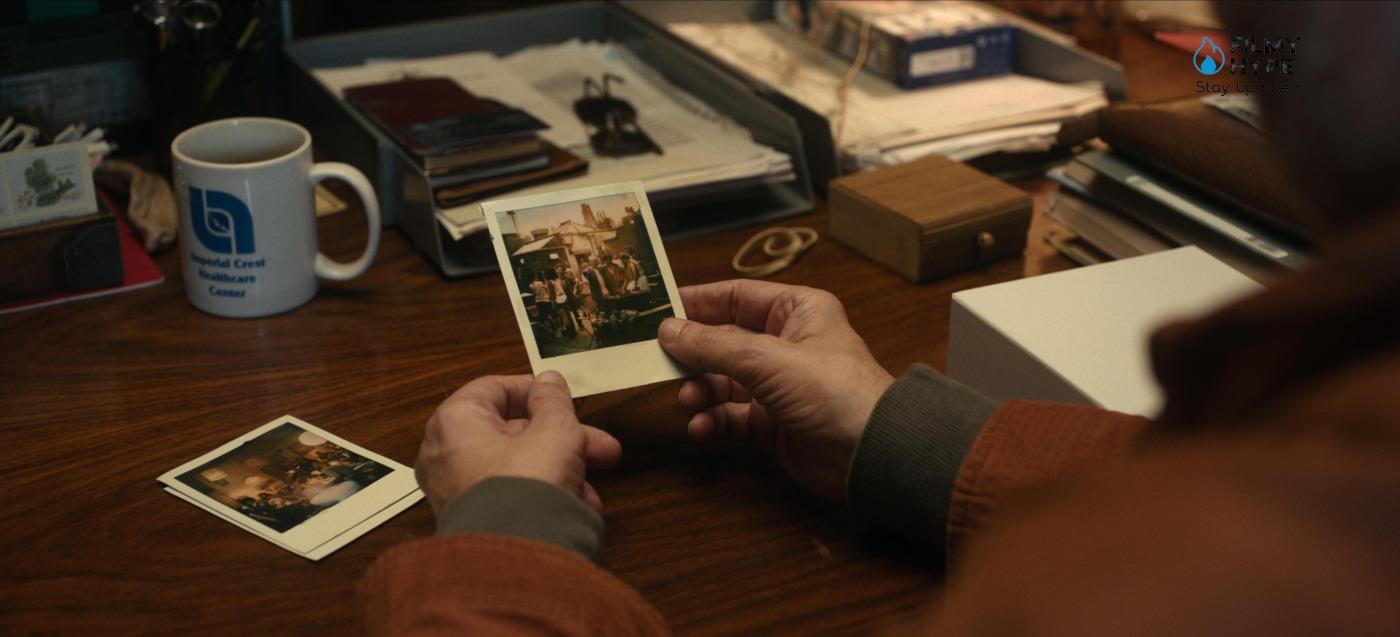Black Mirror Season 7 Review: More Realistic and Disturbing Than Ever
Back to the top, starting April 10, Netflix will release Black Mirror Season 7, consisting of six new episodes, including the first sequel to the science fiction story “USS Callister,” originally told in the fourth season of the series. Looking at the new episodes of Black Mirror Season 7, after the disappointment of the previous season released in 2023, the first thought that leaps into the head is only one: It is no longer a futuristic series but has become extremely contemporary. If the first chapters of this series had amazed us for their ability to know how to imagine the future and indicate its dangers through stories of invention likely but very far from reality, this seventh and latest version of the anthological series conceived by Charlie Brooker in 2011 managed to leave us speechless for a completely different reason, namely the incredible ability to know how to read the present and tell it. With this move, Black Mirror Season 7 has become the most realistic of the Black Mirror seasons and, precisely for this reason, the most frightening.
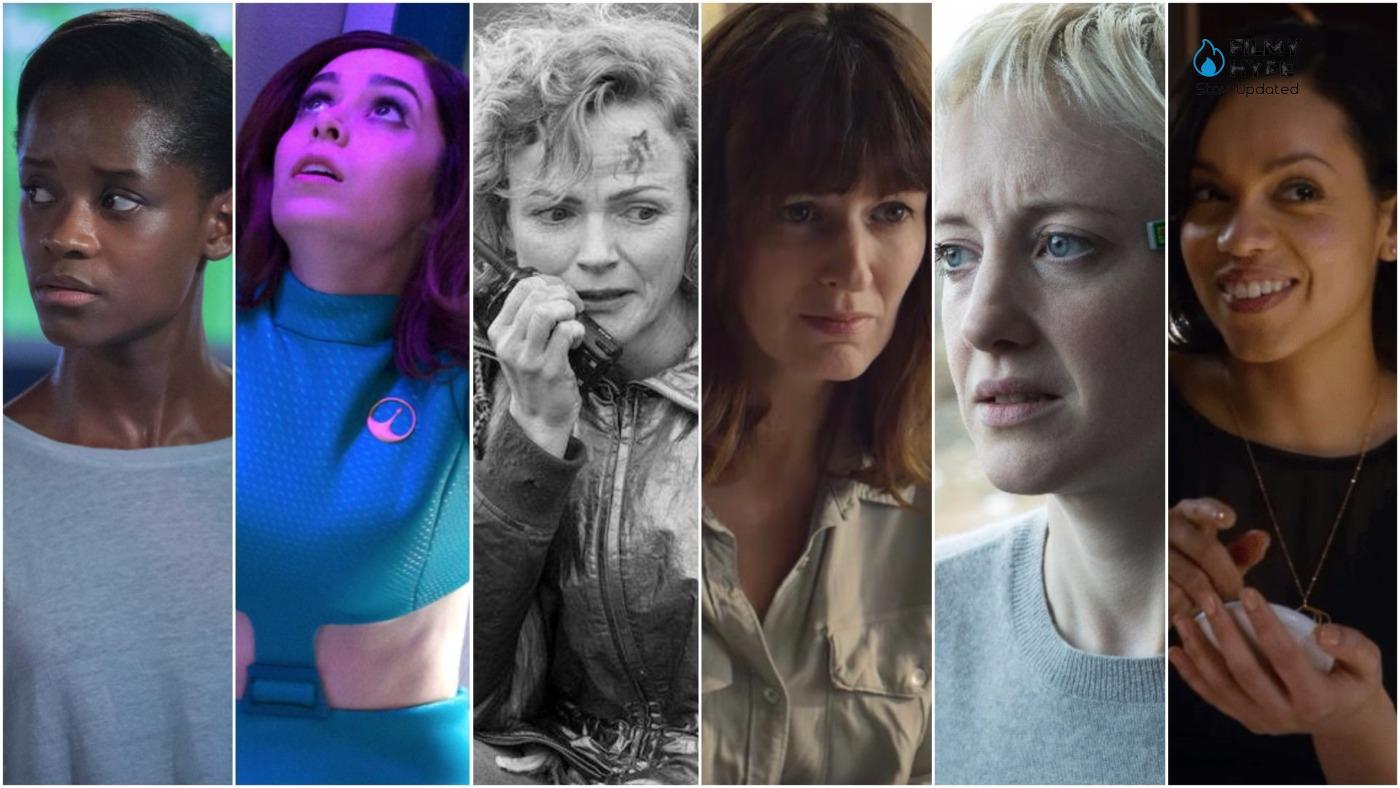
Those who signed up for the Netflix subscription in the now-distant 2015 will remember that one of the flagship titles of the platform was an intriguing series entitled Black Mirror. A particular charm hovered over this, corresponding to the adjective “anthological“, still not particularly popular among the users of the streaming and among the ranks of the general catalog, which focused on shows with already more seasons behind them or the first experiments of what would later be the lucky miniseries. Since then, many things have changed: the purely “British” mold of the series was joined by overseas workers, including actor faces rather known as protagonists. With the succession of seasons, the overflowing inventiveness of the plots of the first episodes began to fail, and the series took on the somewhat stale flavor of streaming, fossilized content on a platform that is told in a nostalgic tone of voice. Now, after a rather disappointing fifth and sixth season, Black Mirror returns to Netflix from April 10, hanging back to the past – a sequel episode and another sort of intersection with the interactive film released in 2018 are the most striking examples of the direction taken – and trying to bring something fresh to the spectators.
Black Mirror Season 7 Review: The Story Plot Episode Wise
1. Common people
Directed by Ally Pankiw, Common People tells, as the title suggests, of a couple like many others who struggle to make ends meet and are satisfied with an anniversary celebrated in a tavern just outside the city. The perfect interpreters are Rashida Jones and Chris O’Dowd, whose characters face terrible news and a very difficult decision. Through an all too zealous seller (Tracee Ellis Ross), the first episode of the seventh season wants to reflect on the dangerous drift of online subscriptions. Whatever it is. Subscriptions that, between a suggestion and an obligation in disguise, in order not to have to put up with advertising breaks, offer a better quality of life (and death).
2. Bête Noire
In Bête Noire, Brooker finds director Toby Haynes and chooses two lesser-known but already seen performers such as Siena Kelly and Rosy McEwen for a sort of Mean Girls sci-fi. Two old schoolmates meet after years when the first is the head of the tasting of a company that prepares the focus group on product news, and the second is among the tasters. Their reunion will take a decidedly unexpected turn when control of the situation goes beyond rational explanation. An episode that speaks of power and of a concept of which we know frighteningly little under a new guise, between paranoia and conspiracy.
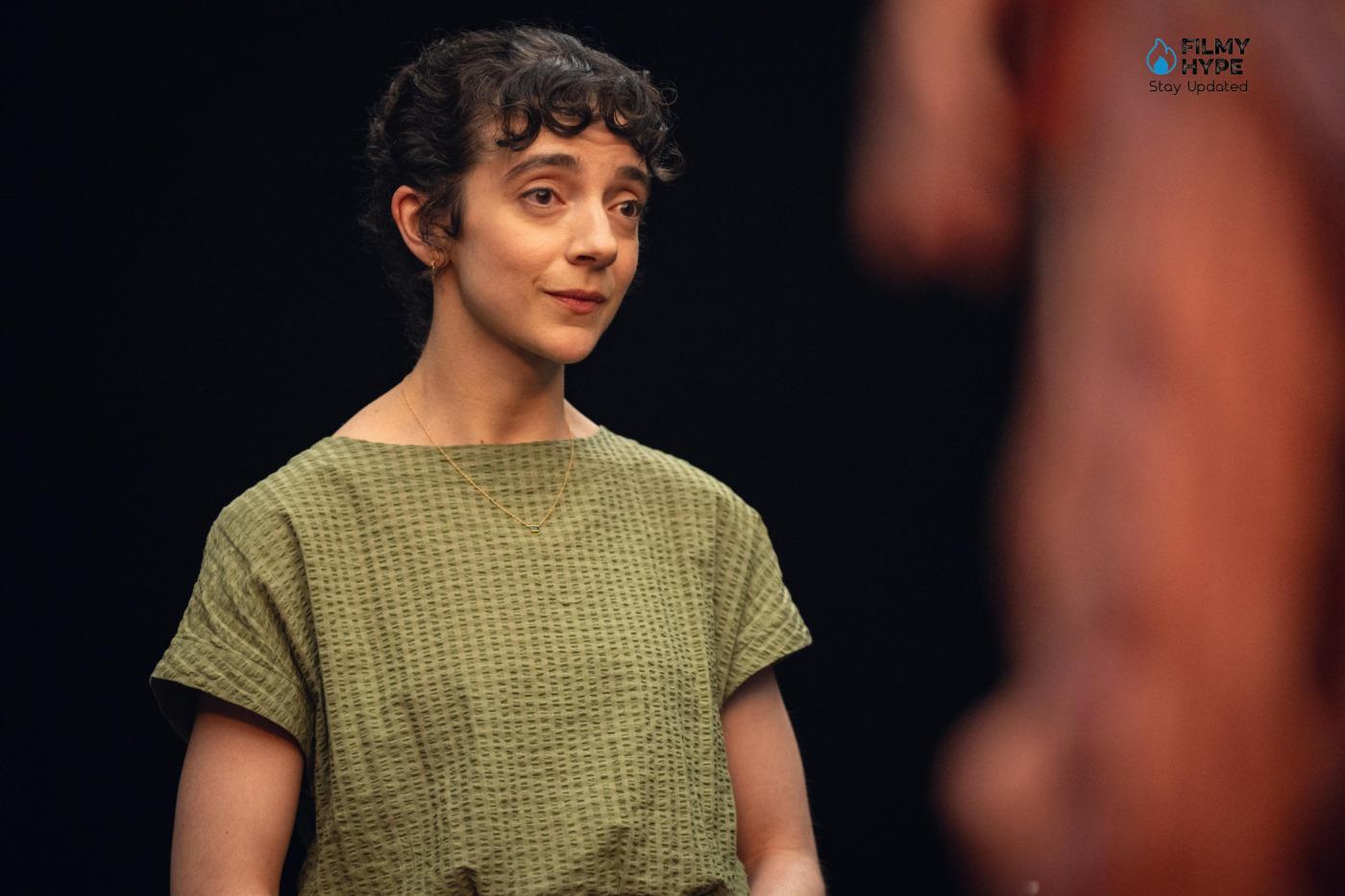
3. Hotel Reverie
The third episode of Black Mirror Season 7, directed by Haolu Wang, we feel that the authors would have liked it to be the new one San Junipero. You want for the impossible and poignant love story in the center, you want to mix different worlds and historical periods, you want for the homage to the seventh art. Hotel Reverie is in fact the title of an old classic in black and white, in Casablanca style, starring the actress played by an ethereal Emma Corrin. The production studio wants to propose it in the form of a remake and decides to use a new technology for which the only one to be modified in the cast will be the white male protagonist who becomes a black woman, the actress Brandy Friday (Issa Rae), which will have to interact with the original film. Winking at the bad contemporary habit of rewriting cult films in a modern key, the episode is one meta-narrative reflection on Hollywood production mechanisms who wants to try to create a magical encounter between two historical periods and two worlds, but he cannot do it completely. Awkwafina and Harriet Walter are also cast.
4. Plaything
Behind the camera of Plaything, there is David Slade, while in front Lewis Gribben and Peter Capaldi they are called to interpret the young (in the flashbacks) and elderly version of the protagonist Cameron, a boy passionate about computers and video games who today does not seem to have all the wheels in place. The secret he carries with him and tries to explain to the police after an arrest, however, is far more disturbing. Starting from a Tamagochi-style 90s game, a cross-section is outlined unheard of malice and cruelty of mankind, whose first instinct is always to destroy rather than create. In the cast also Will Poulter, who interprets a sort of Brooker alter ego, in a way, like the many Zuckerbergs, Gates and so on Silicon Valley.
5. Eulogy
Directed by Chris Barrett & Luke Taylor, Eulogy is not only the title of the episode but also the name of the technological service for those who spend their best lives in order to offer the best possible funeral through the memories of those who remain. Maybe the most engaging episode of the season, thanks to a touching interpretation of Paul Giamatti – if ever there was still a need to prove his skill after The Holdovers. What the protagonist undertakes is truly a journey into memory, between stolen shots and cut photographs, to reconstruct what happened in the hearts of the people involved.
6. USS Callister: Into Infinity
The finale of season 7 marks a first time: the dystopian series proposes the sequel to its previous chapter. Despite San Junipero had been requested loudly, it’s up to USS Callister: Into Infinity to continue in the footsteps and story of the first episode of the fourth season. He directs Toby Haynes again and returns much of the original cast – Cristin Milioti, Jimmi Simpson, Billy Magnussen, Milanka Brooks, Osy Ikhile, and Paul G. Raymond. Previously Nanette Cole discovered that her captain on the title spacecraft, in style Star Trek, others were but the avatar of a genius of technology and immersive video games frustrated and vindictive; now his consideration in reality, realized that the crew is made up entirely of clones, tries to survive and stop the man’s partner from the inside. The search for your identity is the true mission of this unlikely team. It was a little redundant and excessively long (an hour and a half in duration).

Black Mirror Season 7 Review and Analysis
The season opens with Common People, an episode that shows a world where healthcare technology can even keep a sick patient alive. The story follows a woman, played by Rashida Jones, who finds herself having to deal with a disease that will lead to her death if it weren’t for a technological implant grafted into her body that allows her to survive thanks to a subscription like any other service. Things get complicated when the “service” begins to show the first signs of weakness, conforming to any other service with a premium subscription and “no advertising”. We are in the territory of dehumanization through algorithmic logic, in which the value of a life is determined by numerical parameters and statistics. The fear that man is reduced to a set of data is palpable in every scene, but the real anguish lies in the idea that this system can be perceived as inevitable and right in a world attentive or oriented only towards profit. In Bête Noire, the episode that follows, the psychological tension becomes more subtle.
An ambitious young woman finds herself facing a mysterious colleague who seems to manipulate her like a puppet. Technology is not always visible, but its presence is tangible in a world where it always seems too important to appear the best. Hotel Reverie brings with it a meta-cinematographic experience. An actress (Issa Rae), called to participate in a remake of a cult film, ends up being catapulted into the film itself, in an experience that separates her from reality. Total immersion through a machine forces her to live the film in first person, but she soon discovers that she can no longer leave. This episode is not so much about a simple technological “game” but about the search for self-affirmation in artificial worlds. The protagonist tries to live her career through the filter of nostalgia, but when the film begins to merge with her own life, the illusion of control collapses. One of the best episodes of the entire season.
With Plaything, the next episode, somehow connected to the more famous Bandersnatch, a young programmer discovers an old video game, but his immersive exploration will lead him to a catastrophic ending. Not the best episode of the series, but it’s the one with the most disturbing twist with an excellent Peter Capaldi. With Eulogy, the season delves into a more intimate and painful theme: that of memory and identity. Paul Giamatti plays a man who, thanks to a machine that allows him to enter photographs of the past, tries to reconstruct his life. But when memory is manipulable, what is left of us? The reflection here becomes more philosophical, asking a question that becomes more and more pressing in our world: if we can recreate our past, are we still truly ourselves? The final episode, USS Callister: Into Infinity, is a return to the future with a sequel that amplifies the ethical and psychological implications of the universe created. The group of digital consciousnesses trapped in the metaverse rebel, but the real reflection concerns the idea of digital freedom: To what extent can we consider “free” what is trapped in a controlled reality?
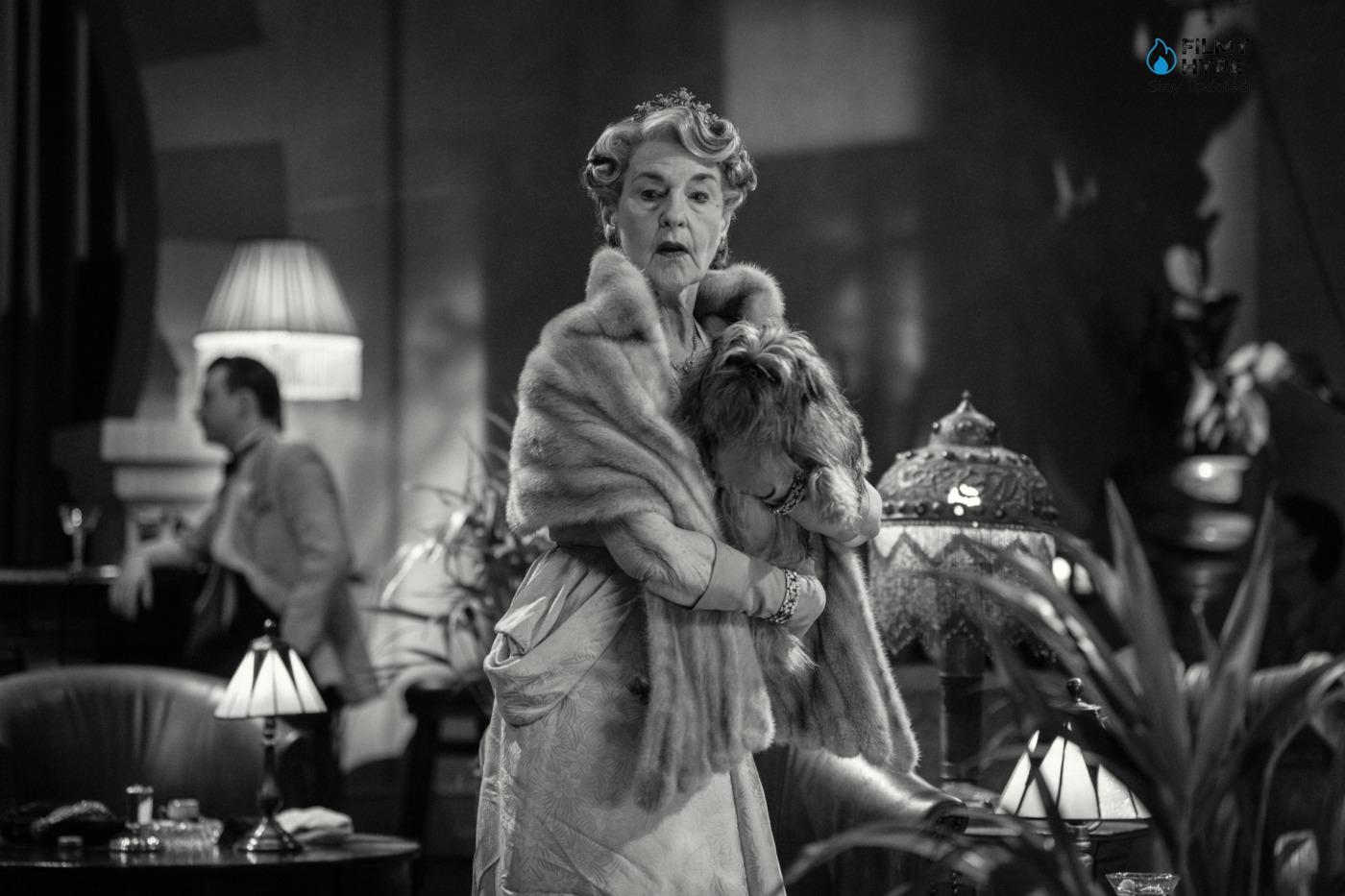
The seventh season of Black Mirror is not simply a return to the show’s origins. It is a qualitative leap that goes beyond technology itself to explore its most devastating effects on the psyche and human relationships. Charlie Brooker and his team seem to have understood that today, real fear is not the machine but our inability to see how technology has already changed our way of thinking, feeling, and existing. With episodes that mix nostalgia, trauma, and social reflection, the series regains its critical force. In this new season, Black Mirror no longer seeks to shock but to strike deeply. The real monster, here, is not just a chip or a device, but our inability to escape our desires and fears. After the flop of the previous chapter, where this series had not been able to find a convincing story key for an increasingly demanding audience and now accustomed to Black Mirror‘s modus operandi, with the six episodes of its seventh season, who more and who less, this series has returned to regaining its identity by managing to give us a story of the present, more than of the future, extremely dark, disturbing and profound and precisely for this very appreciable.
The new episodes of Black Mirror Season 7 deal with various topics of great relevance from the domination of advertising in our society to death, less and less accepted as part of life, up to talking about bullying and its consequences on the psychology of the most fragile, of artificial intelligence, of social isolation and analog memories, all with a high directorial and writing quality that made this series go back to being that little gem that was at the beginning. Before you start seeing Black Mirror Season 7 you should prepare yourself to be emotionally overwhelmed by contrasting emotions, get ready to go into stories full of violence, anguish, grudges, difficult choices but at the same time full of an incredible sense of realism to seem true, current, or at least, belonging to a very close future. Get ready to deal with your conscience, with the decline of contemporary society, and with all the dangers of a future dominated by artificial intelligence that seems to be inevitable now.

Get ready because a hard truth will be thrown in your face: that is, that technology will perhaps have more power and credibility than human thought in people’s lives in the short term. Black Mirror is not only entertainment but in this seventh season it returns to be a moral slap, a wake-up call, a so-called “awakening call” that on the one hand makes us resign to a dark future, on the other allows us to adjust the shot, now that we are still on time. With these six new episodes, including the sequel to Uss Callister noteworthy, Black Mirror confirms its great quality and, perhaps for the first time, precisely because it is extremely realistic, this series is really scary because it concerns us closely, tells our present and gives us confirmation that to that future that Charlie Brooker had imagined 14 years ago, became our present and not entirely in the best way. Technological dreams in Black Mirror punctually become nightmares, just like in the tradition of classic science fiction, and this season is no exception. In a hybrid between the old Tamagochi and something that remembers Stephen King’s Cell too much (which goes everywhere thanks to the widespread diffusion of computers, smartphones, and tablets), the community lives on the Net.
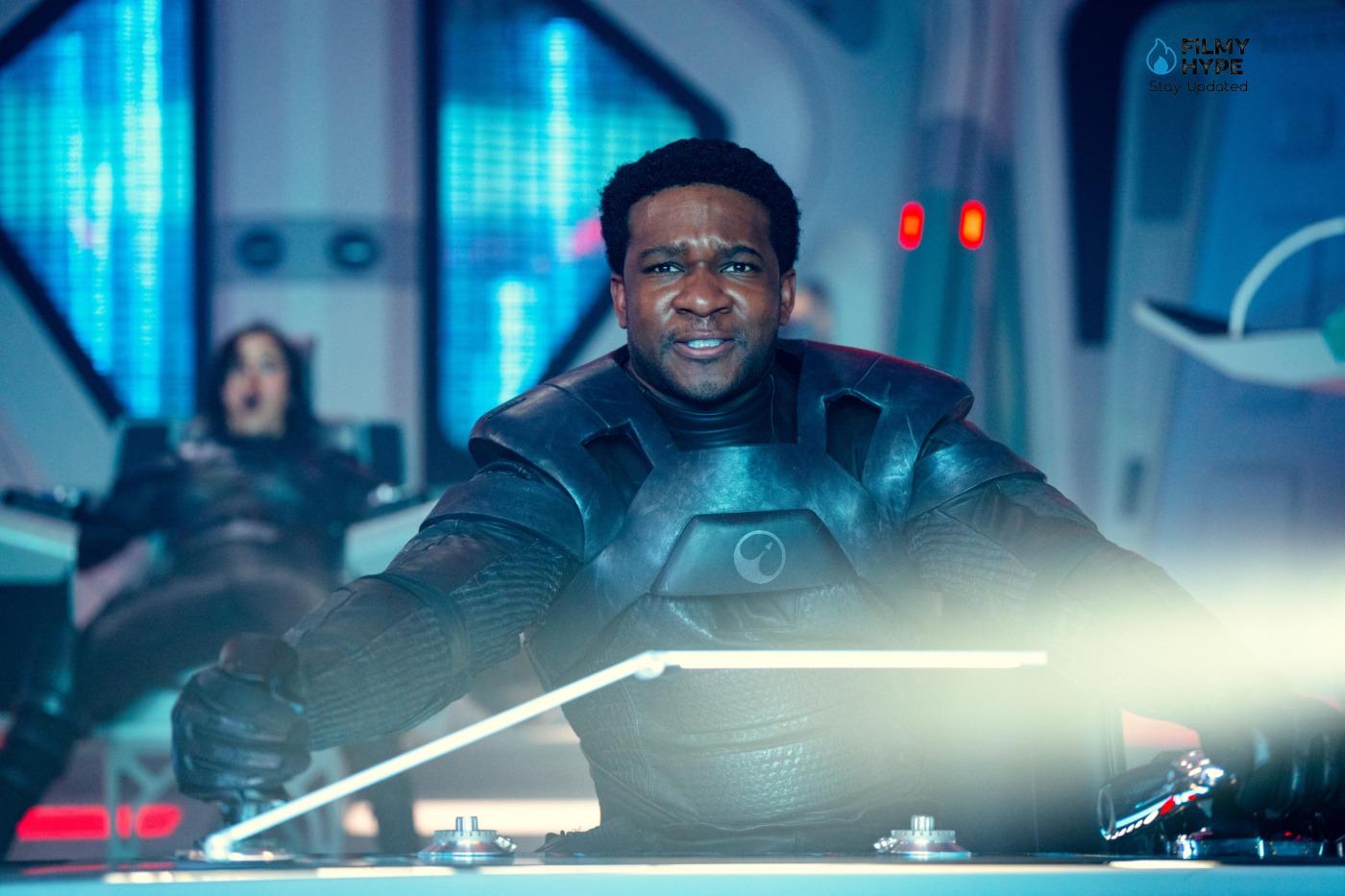
And the network can determine its fate… Until – in the penultimate episode, with an immense Paul Giamatti – nightmares become regrets. Reliving the past from a new perspective changes everything we have thought, tried, and done for a lifetime. IS Phillip (Giamatti, candidate twice for the Oscars) learns it at his own (and ours) expenses in the most emotional and exciting episode of this new season. One history of the past lived with the futuristic technology by Black Mirror, demonstrating how the point of view always makes a huge difference. Between elaborate versions of the hologram bridge with which Star Trek had already revolutionized the television narration, between space travel that we thought we had left behind (but no, we have another hour and a half for the fun of the authors, less for ours, and it’s not over yet as far as we understand), Black Mirror drops in level with the last one, very long episode because it does not add new themes to those already treated previously. But it remains a precious vision, at least for 3 of the episodes (and an extraordinary one with Peter Capaldi as the protagonist of the fourth). To remind us how reality becomes increasingly virtual, manipulable, and artificial. Like that artificial intelligence that needs us less and less… While we seem to need her more and more.
Black Mirror Season 7 Review: The Last Words
Black Mirror Season 7 is a step forward compared to the sixth season, which seemed to have lost its compass, finding its science fiction identity. Excellent varied cast chosen, good premises for all episodes, less the performance of some. In general, Charlie Brooker’s approach seems to have gone from the present and past of the most recent chapters to a more immediate future and not too far away, perhaps because he can no longer imagine it since reality has gone much further. There is no shortage of analysis on artificial intelligence, primitive human nature in need of abuse and control, digitizing everything at any cost, and giving it value. Even human life. The seventh season of Black Mirror is not simply a return to basics. It is a qualitative leap that goes beyond technology itself to explore its most devastating effects on the psyche and human relationships. Charlie Brooker and his team seem to have understood that today, real fear is not the machine but our inability to see how technology has already changed the way we think, feel, and exist. With episodes that mix nostalgia, trauma, and social reflection, the series regains its critical strength. In this new season, Black Mirror no longer tries to amaze but to hit deeply. The real monster here is not just a chip or a device but our inability to escape our desires and fears.
Cast: Rashida Jones, Chris O’Dowd, Tracee Ellis Ross, Peter Capaldi, Lewis Gribben, Emma Corrin, Issa Rae, Awkwafina, Paul Giamatti, Cristin Milioti, Will Poulter, Asim Chaudhry, Siena Kelly, Rosy McEwen, Paul G. Raymond, Harriet Walter, Nicholas Cirillo
Created By: Charlie Brooker
Streaming Platform: Netflix
Filmyhype.com Ratings: 4/5 (four stars)



